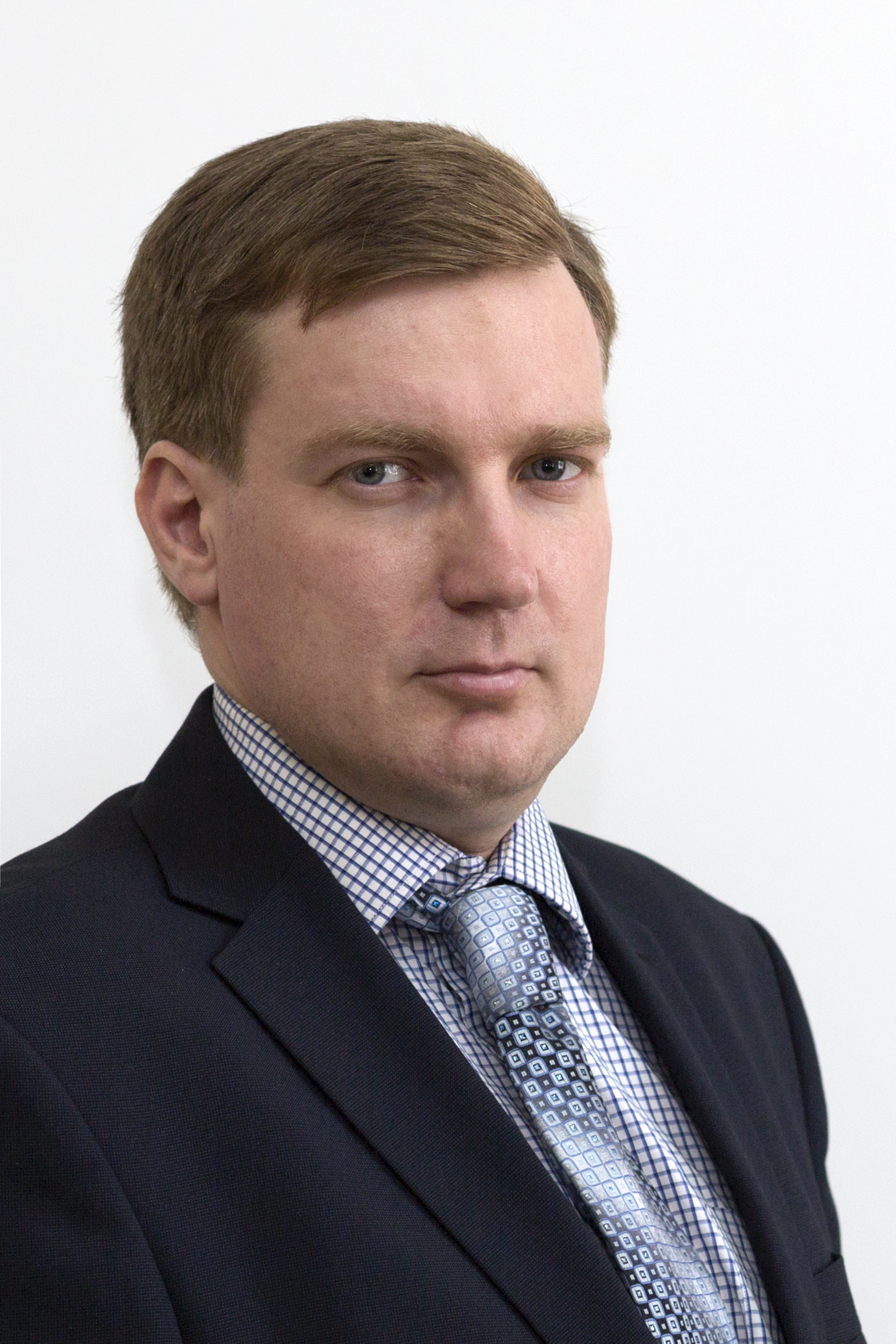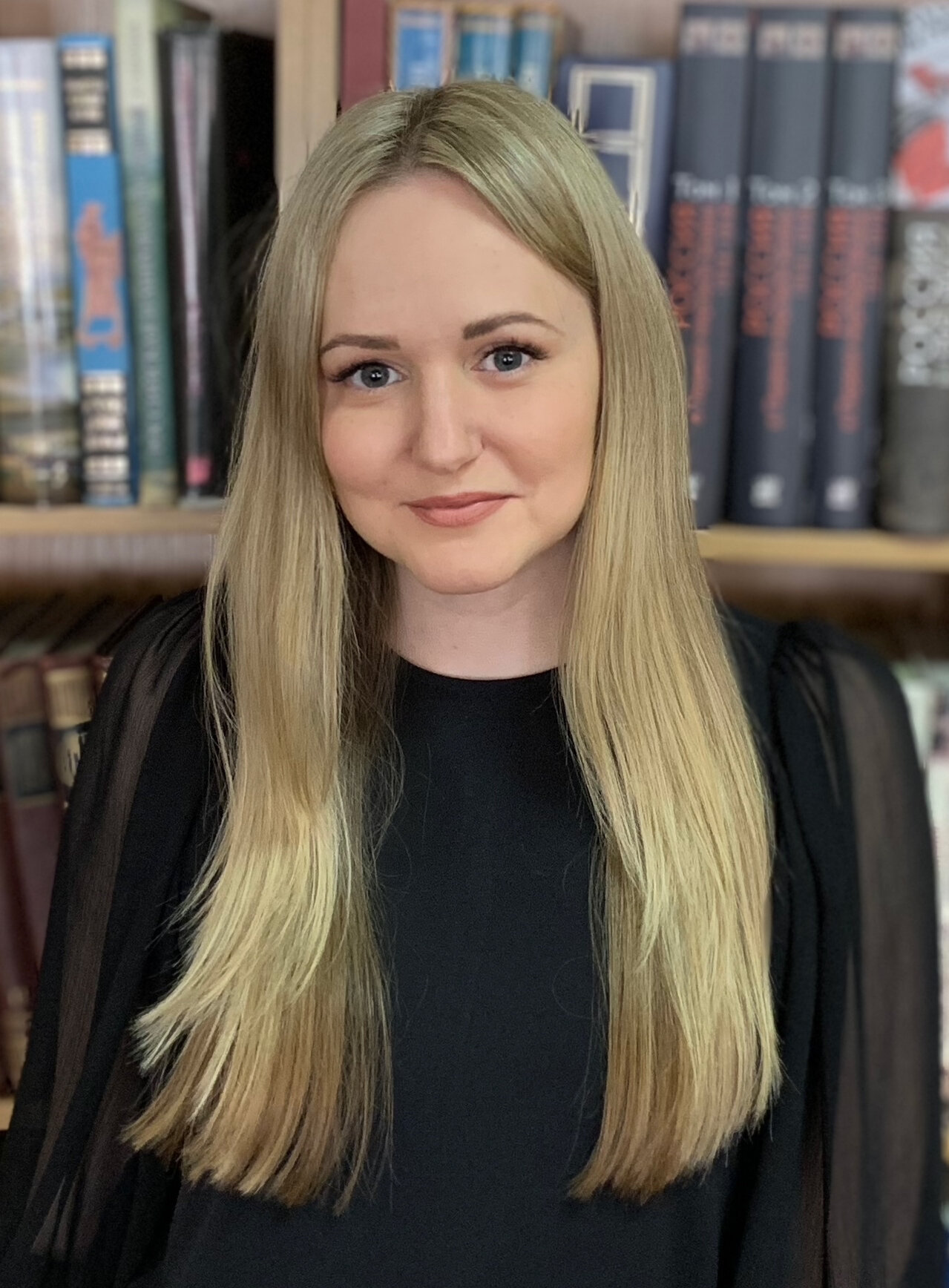The article presents the results of the study of the state-confessional policy of the Soviet government in relation to the religious communities of the Omsk region in the mid-1960s – mid-1980s. This study is based on the analysis of archival materials from the funds of the Historical Archive of the Omsk region, as well as regulatory documents of the Soviet period of history. During the period under study, there was a change in religious policy, both in the USSR as a whole, and in the territory of Western Siberia and the Omsk region in particular. The study found that the majority of registered communities belonged to the Russian Orthodox Church and Protestant religious organizations. At the same time, only a small number were Muslim, Catholic, and Jewish communities. The period under review is characterized by the resumption of state registration of followers of the All-Union Council of Evangelical-Christian Baptists, Mennonite and Lutheran communities. In addition, it was established that the communities of Evangelical Christians, the Council of Churches of Evangelical Christians-Baptists, who opposed the official registration, were under special state control. Important attention is paid to the process of legalizing the activities of communities, the functioning of illegal associations, their territorial location, and their quantitative composition. It is established that the Soviet authorities tried to control those religious associations that refused to register, putting them on the register and allowing them to hold services without legalizing their activities. The authors conclude that during the period under review, there is a change in the state-confessional policy in relation to religious organizations. This was reflected in the fact that the process of registering communities was resumed, and there was an increase in income and the number of parishioners.
Keywords: Western Siberia, Omsk region, state-confessional relations, USSR, religious communities
DOI: 10.22250/20728662_2022_2_17
About the authors
 |
Petr K. Dashkovskiy – Doctor of Historical Sciences, Professor, Head of the Department of Regional Studies of Russia National |
 |
Natalia S. Dvoryanchikova – Post-graduate student, senior lecturer of the Department of Regional Studies of Russia, National and State-Confessional Relations, Altai State University; of. 315, 66 Dimitrova str., Barnaul, 656049, Russia; This email address is being protected from spambots. You need JavaScript enabled to view it. |






